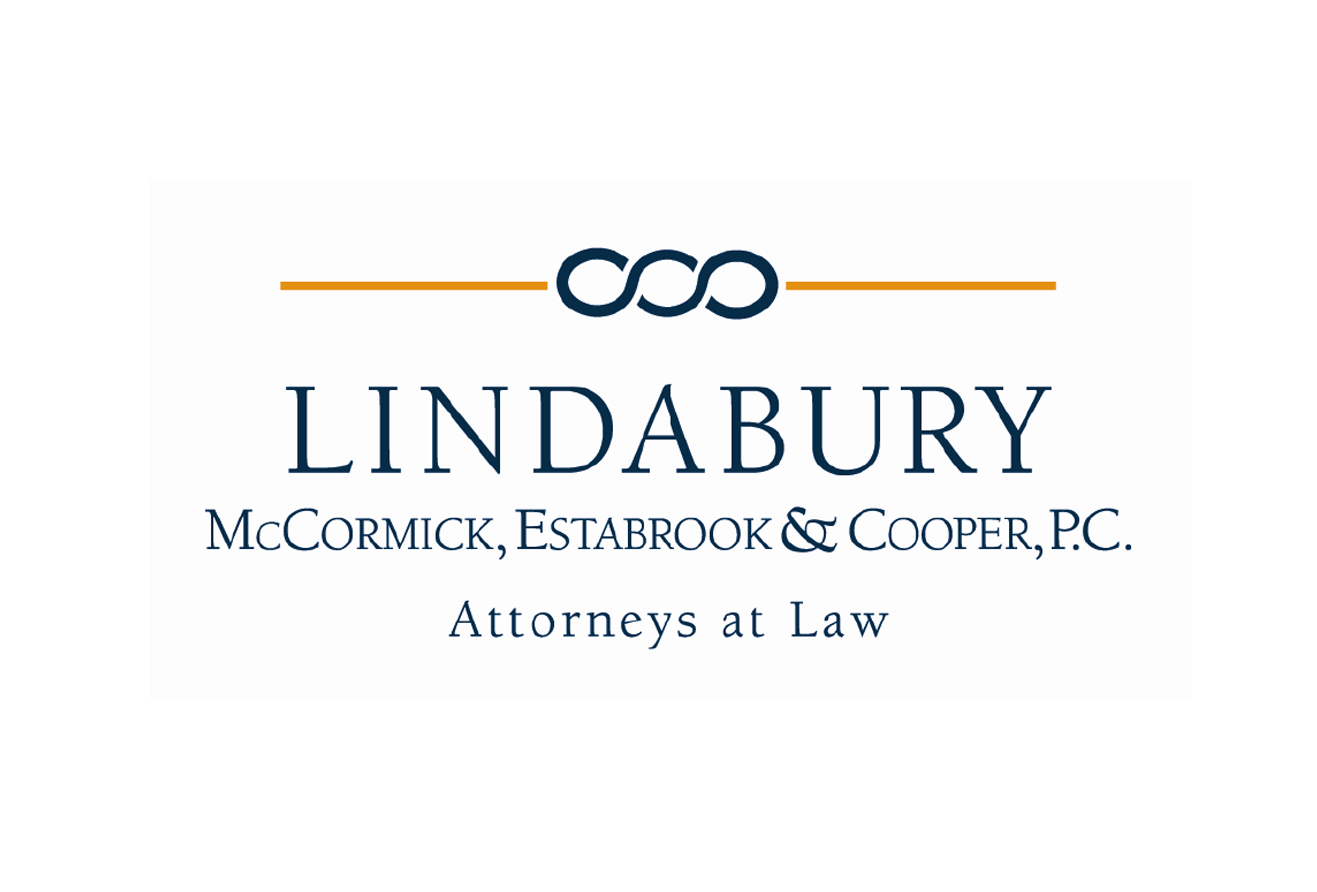Cure is not without Cost!
What are the side-effects from today's treatments?
Today, with chemotherapy, radiation, and surgeries as the front-line treatments for childhood cancers, kids and their parents are faced with a staggering list of potential side-effects. Not every child sees all of the side-effects, and the severity depends on both the child and the amount of exposure they had, but the bottom line is that it's bad enough to have to battle cancer, but for those who survive, 9/10 kids experience side-effects from the treatments they received as growing kids.
"As a group, [childhood] cancer survivors were eight times as likely as their siblings to have severe or life-threatening chronic health conditions (e.g., myocardial infarction, congestive heart failure, premature gonadal failure, second cancers, and severe cognitive dysfunction)." New England Journal of Medicine
Some Shorten Life because of damage to vital organs, some "survivors" of childhood cancer may only have a life-expectancy of 42 years of age.
Some Pose Quality of Life Issues. We take for granted the many ways we enjoy a good quality of life. For many kids who fought cancer, these basic qualities are stolen from them by today's treatments. Being able to attend school, play sports, live without chronic pain, have teeth and strong bones, having a good IQ, and the idea of being able to have their own children one day are all things these kids would have had if they had not been exposed to the toxic treatments.
Here is a list of some of the daunting side-effects of today's childhood cancer treatments.
Side effects and there severity depend on what chemotherapy drugs a child received, what radiation treatments a child received, what surgeries a child received, and how old they were when they had these treatments. Side effects to the organs do not diminish over time.
- heart damage
- kidney damage
- liver damage
- bladder damage
- loss of bone density
- hearing loss
- fertility loss
- secondary cancers
- physical handicaps
- nerve damage
- reduced IQ and learning disabilities
- loss of limbs
- dental problems
- psyco-social issues
One day, cures will not have the devastating consequences that today's front-line treatments inflict on growing bodies.






